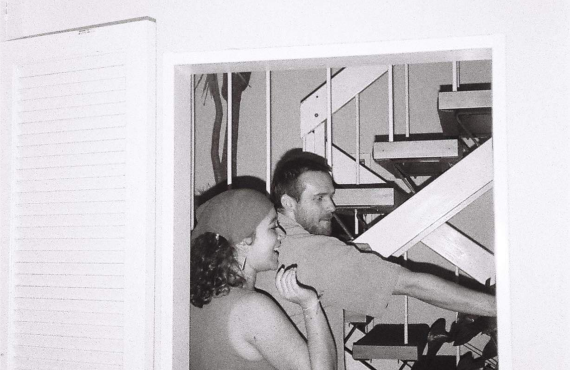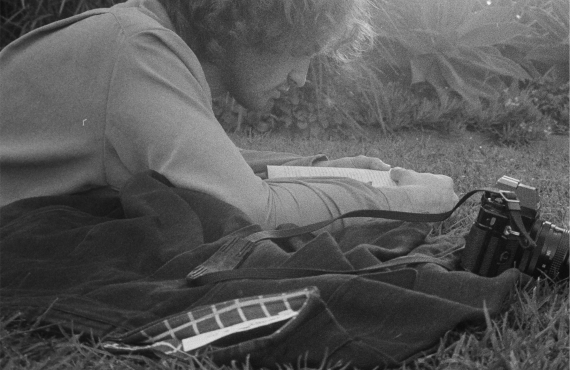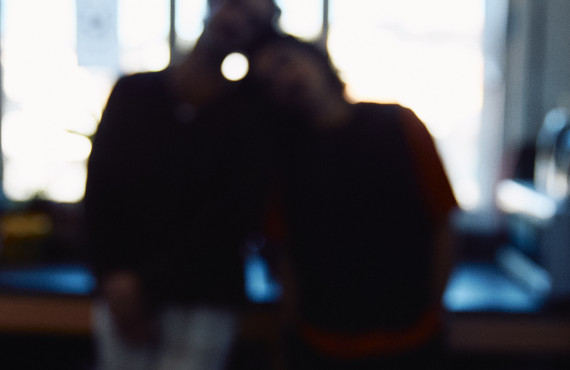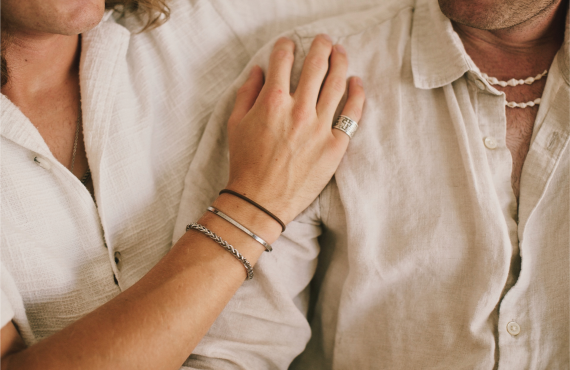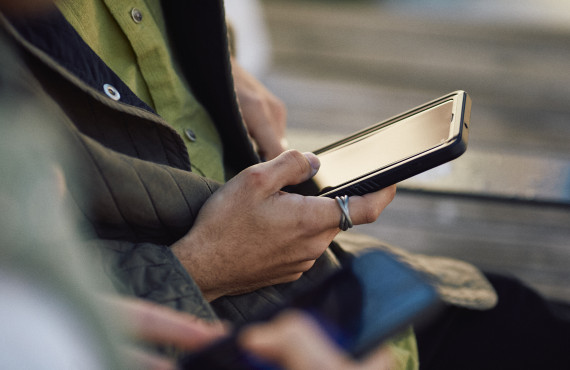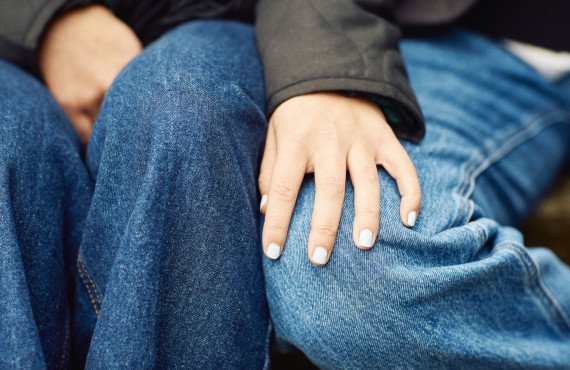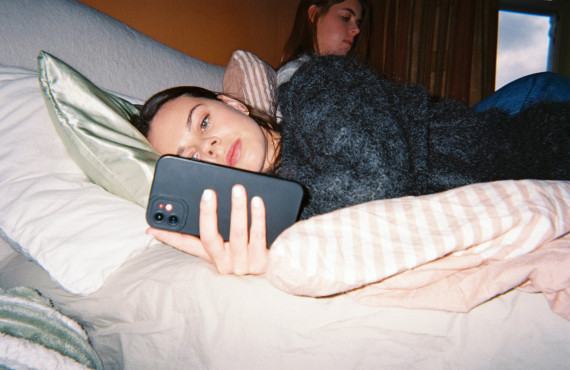Is it OK to block an ex?
By Rachel Barker
First published on VICE.COM

We tend to treat blocking someone like a big deal: There are apps to show us who has us on black and we fly into a frenzy when we realise we can’t access someone’s account. The word “blocked” has become a final seal – or last word – in a relationship or friendship.
But it can also be a helpful tool in moving past an unhealthy or even healthy relationship, and for many people it’s a way of setting themselves up to get through a break-up better.
We wanted to know what young New Zealanders thought about blocking an ex, and whether it’s okay to do it. Here’s what they had to say:
“It’s definitely okay. You might need some space and some peace.”
“ABSOLUTELY. Out of sight out of mind, they go straight to block prison to serve a life sentence.”
“Yes, you don't owe anyone access to your online profiles.”
“Yes!! Those who wrong us love to grovel and lurk.”
“I recommend everyone does it, even if it's just for a few weeks to get your bearings.”
“Yes, for your own peace of mind.”
“If you were once in love with them, no.”
“Yes. I just had to yesterday and it's helped me keep my mind away from dwelling.”
“Yes. Otherwise, anything you post is either in consideration of them or being inconsiderate to them.”
“YES! It's just that piece of mind that they're not about to suddenly resurface!”
It may be a surprise, given that social media blocking is often talked about as one of the most extreme insults of the modern age, but it was almost unanimously agreed upon that it is okay to block an ex – whether that’s to give yourself peace of mind, prevent them from contacting you, or to shut down the temptation to lurk.
Relationship expert Eleanor Butterworth explains that even if things ended well with an ex it can still be a good step towards closure.
“Many people don't want – or need – a front-row seat to their ex-partner moving on without them. This can be true even when we sincerely wish them well” said Butterworth.
She suggests that if you are on good terms with your ex you can also “let them know you are blocking them, but it isn't personal and it isn't forever.”
But being fine with the idea of blocking someone else, doesn’t mean it’ll be easy to swallow if it happened to us.
Here’s what some of the same people said when asked how they’d feel if they saw an ex blocked them:
“Initially hurt, then relieved, because I'm the type of person who would snoop.”
“Relieved.”
“It’s valid. I might be cut but it's their prerogative & their media.”
“Sad.”
“I'd be like 'fair cop, we did break-up', but might be secretly a little offended.”
“I'd realise how much they are hurting & understand that they need to in order to move on.”
If you do find yourself blocked, it’s important to remember that your ex is just trying to do what’s best for them. Everyone has different reasons, and they’re mostly justified even if we can’t understand them, so don’t take it personally. It doesn’t mean you’re a bad person or that they think you are.
Butterworth explained that “social media can make having space harder because our ex partner's post break-up life can keep popping up in our feeds, and depending where our own healing is at, it can trigger feelings of loss, loneliness, jealousy or just general curiosity about what they are doing now.”
Blocking can be so much more than just sending the other person a signal, or trying to show them you're over it. It can be incredibly implemental to healing after a break-up, and if the relationship you’ve ended was dangerous or harmful it can be an absolute must for your mental health and physical safety.
So don’t be afraid to close that door, and if you find yourself on the wrong side of it, remember that it’s not a big deal to not be able to contact an ex, because you’re not together anymore.
Take the time to focus on yourself and forget the bad juju that comes with having photos of them at family Christmas burned into your retina.
Tagged
You may also like
-
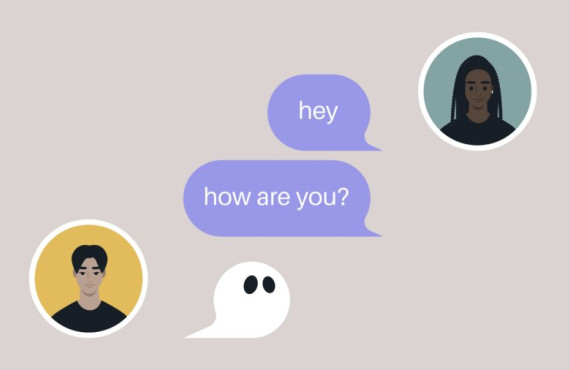 Read
ReadGetting ghosted sucks: why do people do it and how do you deal if it happens to you?
Advice, Dating (+2)


